Seven trailblazing LGBT+ pioneers who helped to shape video gaming as we know it
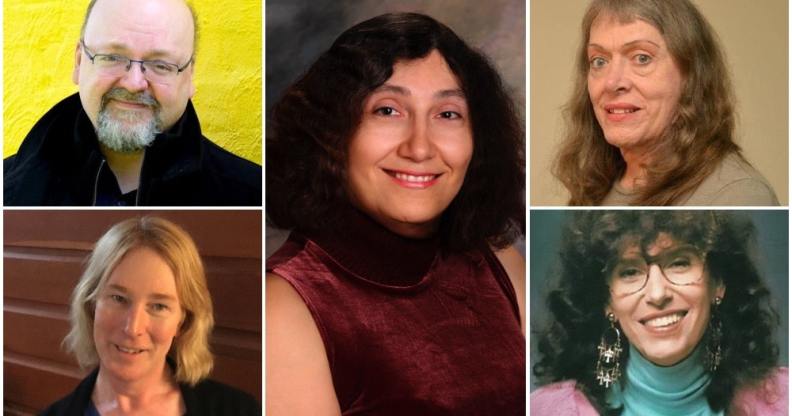
Many people are unaware that LGBT+ people have been heavily involved in the ongoing video gaming revolution since its inception, largely because their achievements are often hidden or not celebrated.
The world of video gaming as it is today seems like it’s existed forever, but you may not realise that you might not actually have some of your favourite games at all, or the consoles to play them on, if it wasn’t for these trailblazing LGBT+ people who took the world of technology by storm.
With that in mind, we thought it was high time that we took a look at seven of these incredible LGBT+ pioneers who helped shape the gaming industry, both in its infancy and today.
David Gaider

David Gaider
David Gaider is one of gaming’s leading writers, as well as a skilled narrative designer, novelist and creative director. Not only has he defined fantasy role-playing video games for the last 20 years, like Baldur’s Gate II: Shadows of Amn and Star Wars: Knights of the Old Republic, he’s also been the driving force behind some of pop culture’s most adored novels and comics.
David’s mission to change the narrative behind LGBT+ representation and rights in gaming birthed one of the most iconic gay video game characters to ever exist – Dorian Pavus from Dragon Age.
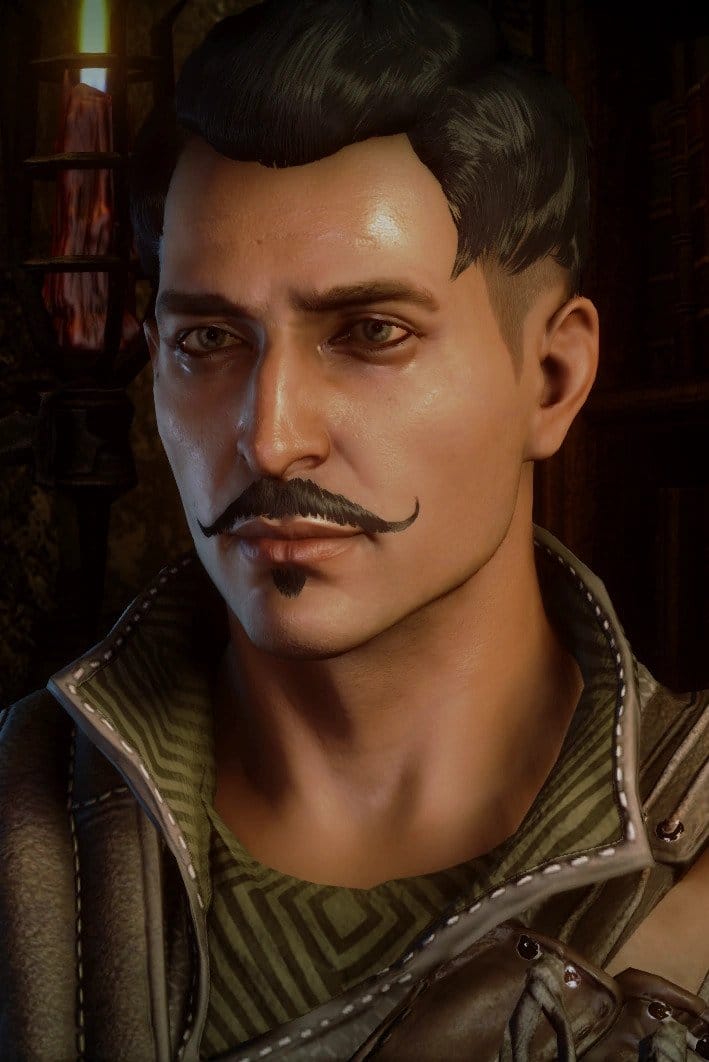
BioWare
In an interview with IGN, David explained why it was so important to challenge the status quo, saying: “There’s a tendency for every character’s default to be straight, white, and male in our industry – and nobody questions that default. No character ever has to justify why they’re straight, white, and male.
“The moment you make them anything else, you suddenly need reasons why that’s okay… or do you? A certain amount of deliberateness is required to challenge the idea of a default, and while it feels a bit unnatural to do so, it’s absolutely necessary. It’s a way to create without unthinkingly doing things the same way simply because that’s how you’ve always done them.”
Danielle Bunten Berry
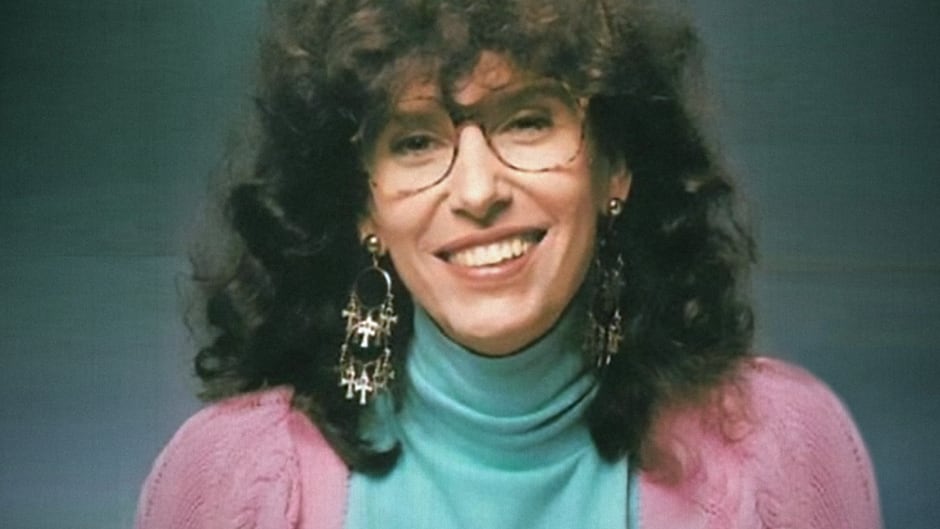
Wikipedia: Danielle Bunten Berry
The memory of Danielle Bunten Berry will forever live on in the gaming industry. As one of many pioneering trans women in game designing and programming, she helped to influence the multiplayer genre with the birthing of the iconic 80s strategy multiplayer video game M.U.L.E, which combines real-time and turn-based styles as you battle for land and resources on a newly colonised planet.
From The Seven Cities of Gold to Global Conquest, Danielle went on to be awarded the Lifetime Achievement Award by the Computer Game Developers Association in 1998 before sadly passing away that same year after being diagnosed with lung cancer. In 2000, fellow video game designer Will Wright dedicated the launch of his game The Sims to Danielle’s memory and legacy. She was also inducted into the Academy of Interactive Arts & Sciences Hall of Fame in 2007.
Rebecca Heineman
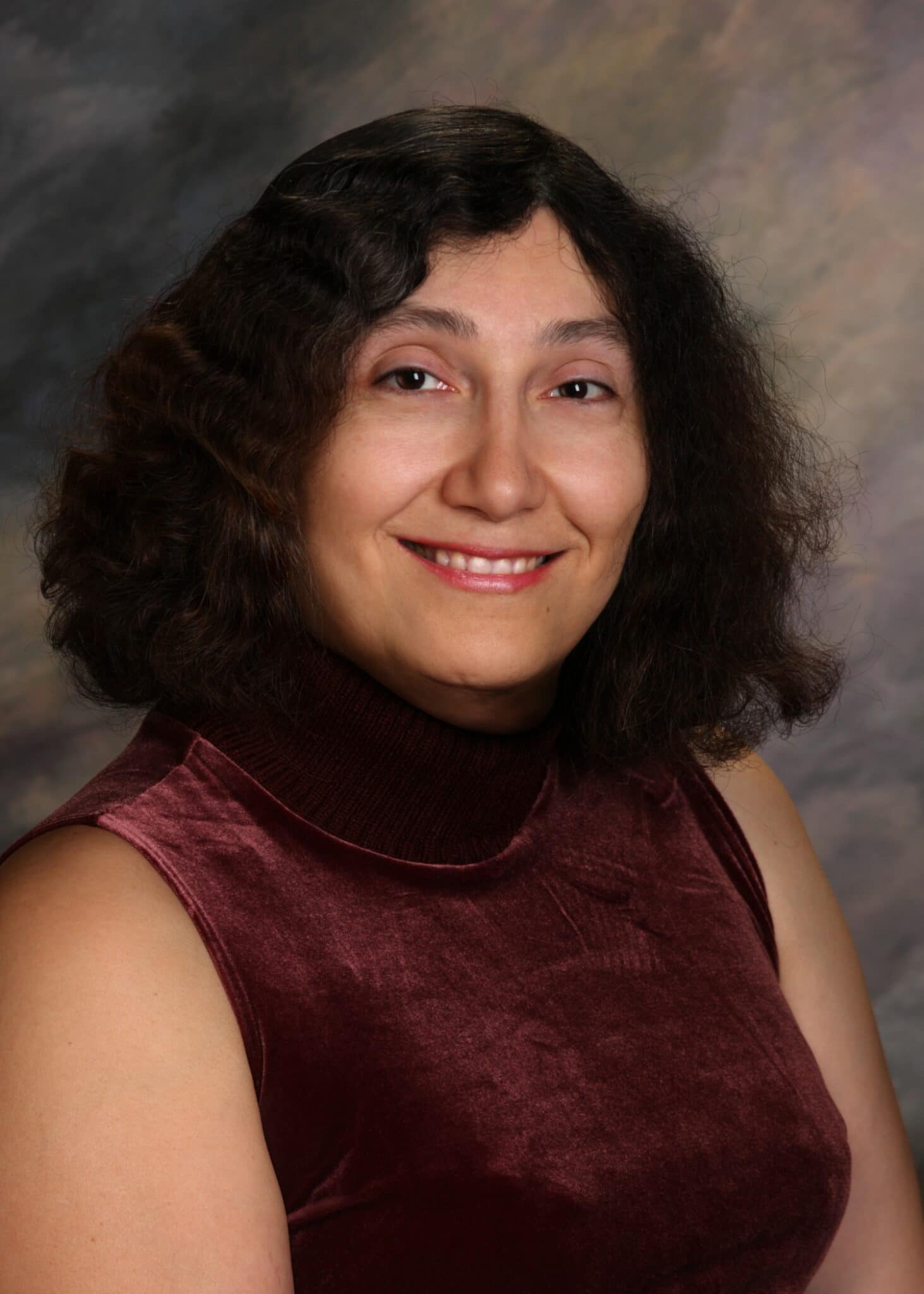
GAMASUTRA
A long-time veteran in the video gaming industry, American video game designer Rebecca Heineman has been involved in several iconic gaming titles from Crystal Quest to DOOM. She is also one of the founding members of several video game companies including Interplay Productions, Logicware, Contraband Entertainment, and Olde Sküül.
From being on the advisory board of the Video Game History Museum to being a member on the board of directors of LGBTQ+ organization GLAAD, Rebecca is one of the most successful transgender women in the gaming industry. In 2017, she became an inductee in the International Video Game Hall of Fame.
In the Netflix series High Score, Heineman talks about her earliest gaming achievement, namely, becoming the first national gaming champion in 1980, when she was crowned the best Space Invaders player in the country aged just 16.
Jamie Fenton
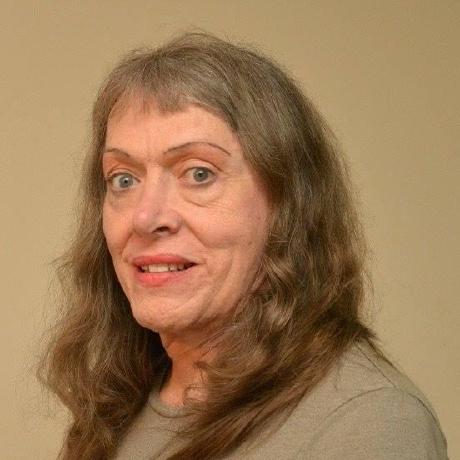
CTM Festival
Jamie Fenton has been an active voice and presence in the gaming community for transgender women since 1998. Acting as the head designer for the iconic 1981 arcade game Gorf, Jamie was one of the creators of MacroMind’s VideoWorks software (later renamed Macromedia Director).
Studying computer technology in school, Jamie knew she wanted to be a driving force behind computer programming and spent many years studying and volunteering to help redesign and programme pinball machines.
Maddy Thorson
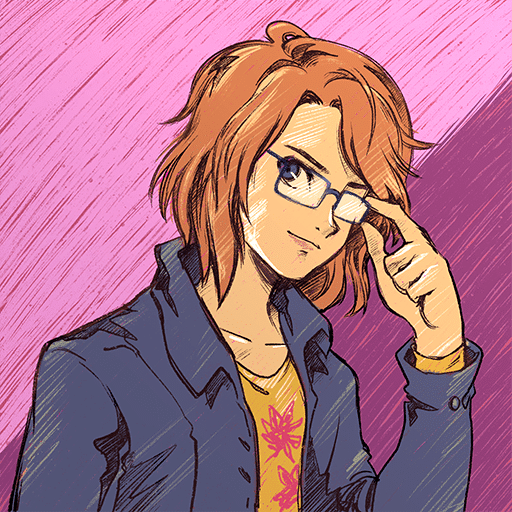
Maddy Thorson
Maddy Thorson is the Canadian genius behind the development of not one, but two popular indie games: TowerFall and Celeste. Thorson came out as non-binary in July 2019 and uses them/they pronouns. Using their life experiences as a reference, Maddy created the character, Madeline, in the game Celeste, who was transgender – with Thorson later revealing in an interview with PC Gamer that the process of creating the game “was a reflection on their own coming-to-terms with their gender identity”. Maddy’s legacy in gaming landed them a spot on Forbes’ annual “30 Under 30” list.
Veda Hlubinka-Cook

Wikipedia: Veda Hlubinka-Cook
Back in the 80s, Veda Hlublinka-Cook was a talented, pioneering video game programmer at Broderbund Software, Inc., designing and writing games like Gumball and D/Generation – and even modelling for one of the characters in Jordan Mechner’s 1989 game Prince of Persia. Veda came out as transgender in 2017.
Cathryn Mataga
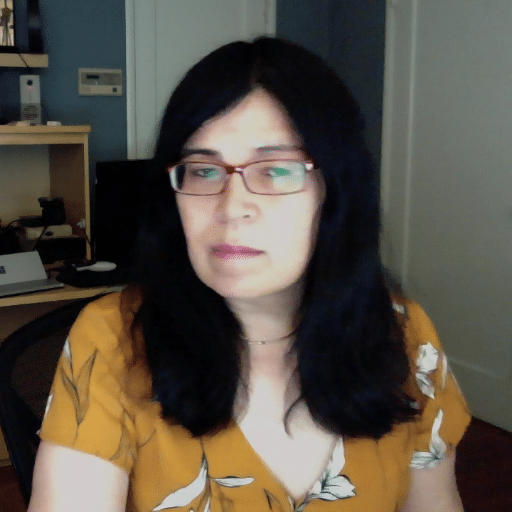
Twitter: @cathrynmataga
Known for being the founder of game company Junglevision, Cathryn Mataga is one of the leading female game programmers in the world. Way back in the 80s, she was writing early video games for the Atari 8-bit computer under Synapse Software. From the flip-shooter game Shamus (1982) to X-Men: Reign of Apocalypse and Spiderman 2, Cathryn has been a visible voice and activist for the LGBT+ community, opening many doors for people who wanted to be accepted for who they are, and their talents – and nothing else.
For more gaming news, follow Gaymeo on Facebook. You can also email us with any news or tips on [email protected].

